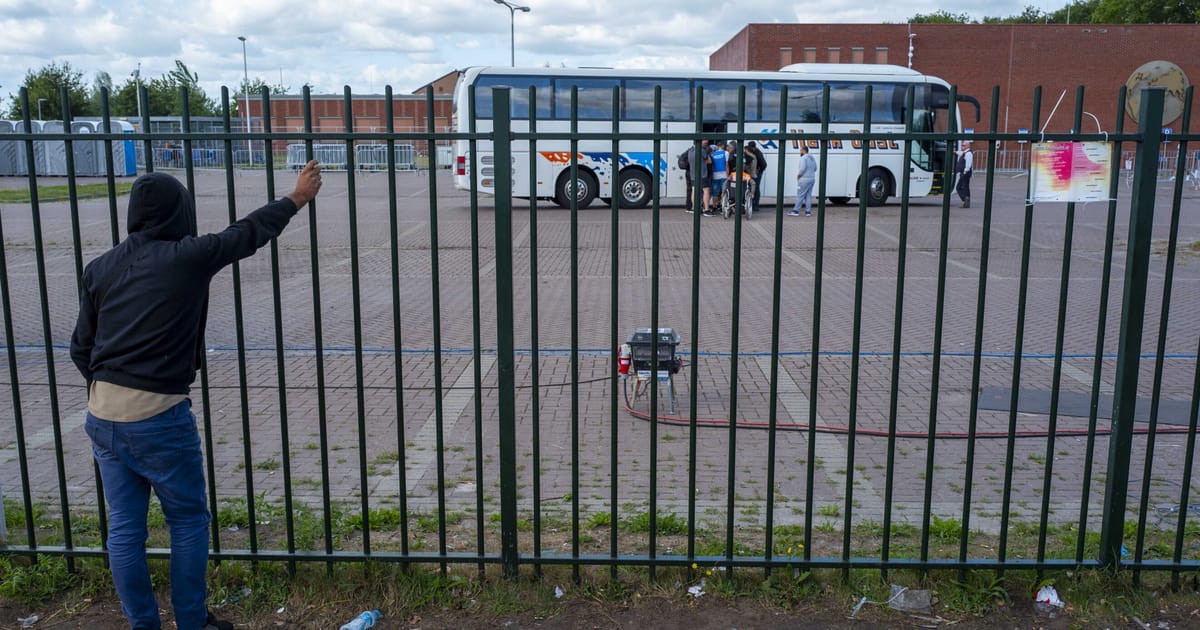

In our ever-evolving world, several noteworthy developments are shaping the social, political, and environmental landscape. From the intricacies of immigration policies to the balance of humor and sensitivity in public discourse, and the critical importance of pursuing sustainable energy solutions, these topics underscore the need for thoughtful engagement and understanding.
The Dutch court’s recent decision signifies a nuanced approach to immigration by addressing concerns about the welfare of asylum seekers. The court has advised the government against sending single male asylum seekers to Belgium due to what it describes as systemic failures in the Belgian asylum system. This decision reflects a broader concern for the humane treatment and adequate support of individuals in vulnerable situations. The judgment points to Belgium’s perceived indifference in addressing these systemic shortcomings and emphasizes the need for collaborative efforts to improve the asylum process across nations.
In a parallel narrative from the eastern Zhejiang province of China, officials have issued a caution to women comedians regarding the delicate topic of gender dynamics in their performances. This advisory highlights the balance between artistic freedom and societal responsibility, reminding entertainers to foster dialogue rather than discord. This initiative comes in the wake of viral performances that addressed sensitive personal experiences, suggesting a cultural interplay where humor meets respect, encouraging audiences to engage constructively.
Meanwhile, in the United Kingdom, unions such as GMB and Prospect underline an essential aspect of today’s industrial and environmental challenge: the transition to green energy. They urge the Labour government to intensify its efforts in creating green jobs, thus ensuring a workforce that is well-aligned with future energy paradigms. This appeal not only underscores the importance of sustainable development but also hints at the political implications if voters gravitate towards parties with less commitment to achieving net zero emissions. The focus on expanding employment in green sectors resonates with a global trend that recognizes the intertwined fate of the economy and the environment.
Turning our attention to educational matters, there’s a conversation unfolding in Portugal regarding the scope and content of sexual education in schools. As societal norms continue to shift, the ongoing debate reflects the broader dialogue on how best to equip young individuals with crucial knowledge while respecting cultural sensitivities. This conversation is complemented by discussions surrounding citizenship education, offering a platform for students to navigate the complexities of modern society.
Alongside these educational debates, the new immigration law in Portugal invites scrutiny from legal experts who express concerns about its constitutional alignment. Despite these apprehensions, the discourse among Portuguese politicians appears to maintain a tone of compassion and humanity, particularly in their approach to immigration. This developing legal conversation serves as a testament to Portugal’s dedication to integrating inclusive and equitable policies.
In summary, these diverse narratives about immigration, gender dynamics, energy sustainability, and education reveal a common thread of seeking balance and harmony. They serve as reminders of the intricate world we inhabit, where thoughtful consideration and mutual respect can foster progress and understanding across various fronts. Each story, while distinct, contributes to a broader tapestry of global improvement and social cohesion.
Source: {link}
